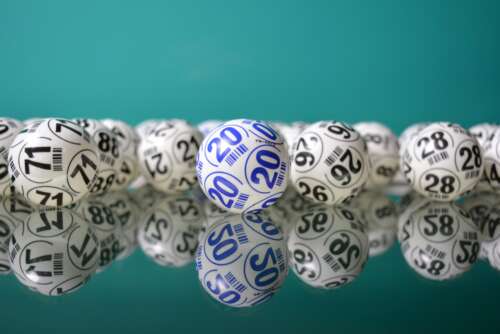
The H-1B lottery is officially closed. On April 1, United States Citizenship and Immigration Services (USCIS) announced that it was no longer accepting petitions for H-1B or H-1B1 classifications under the FY 2025 lottery. Applicants have been notified and now have to start the process of filing the H-1B petition and pay the filing fees. USCIS might conduct another much smaller lottery in July 2024 or later after the first batch is submitted, depending on how many applications are ultimately denied or not submitted.
USCIS worked to make the process fairer and more efficient this year, and stats released by the agency suggest that the plan worked. H-1B visas are applied for by employers who wish to bring talented foreign nationals to the U.S. to work for their companies, and in the past different companies filed multiple applications on behalf of the same foreign national, and each counted as one entry. That person was, in effect, competing with himself or herself, but if 10 employers wanted to bring in the same person, that person was in the H-1B lottery 10 times, which upped their odds. This year, a prospective employee with H-1B applications filed by multiple employers would only be in the lottery once as a single entry. If that person was chosen, they would decide which applying employer to go with.
USCIS stats suggest that the decision changed the game. This year’s 470,342 eligible registrations is down from last year’s high of 758,994 and slightly down from the previous year’s 474,421. This year, only 47,314 registrants came from multiple eligible registrations, down significantly from last year’s whopping 408,891, and the year before’s 165,180.
Selection in the H-1B lottery doesn’t mean that the foreign national is automatically granted a visa. Prospective recipients still need to go through the usual process, and many things can happen at that point. Some employers change plans and decide not to pursue the applicant in question, and in some cases the job doesn’t qualify for an H-1B visa.
This year, 120,603 registrations were selected, which is also down from a record high last year of 188,400 and a more reasonable 127,600 the year before. USCIS always selects more registrations than the number of visas available because they assume a certain number will fall out. This year’s number is lower because they believe the changes have worked and the applicants selected will actually file and qualify.
There may well be a supplemental lottery later this summer, but those who entered the H-1B visa lottery and were not selected should consult an experienced immigration lawyer to explore other possibilities.
Photo by Alejandro Garay on Unsplash.
Are you having legal issues with Immigration? Do you need legal representation?